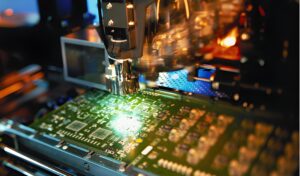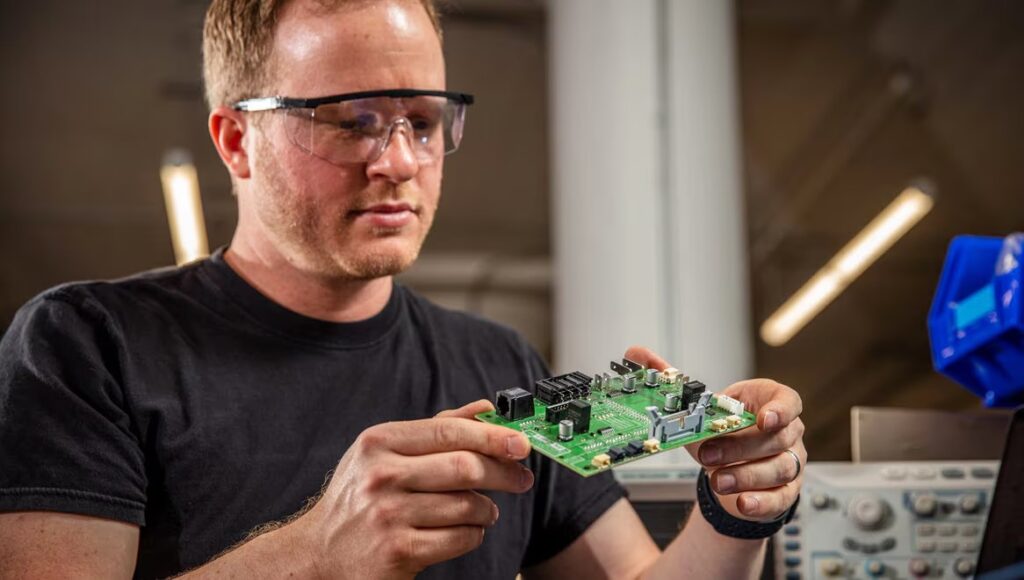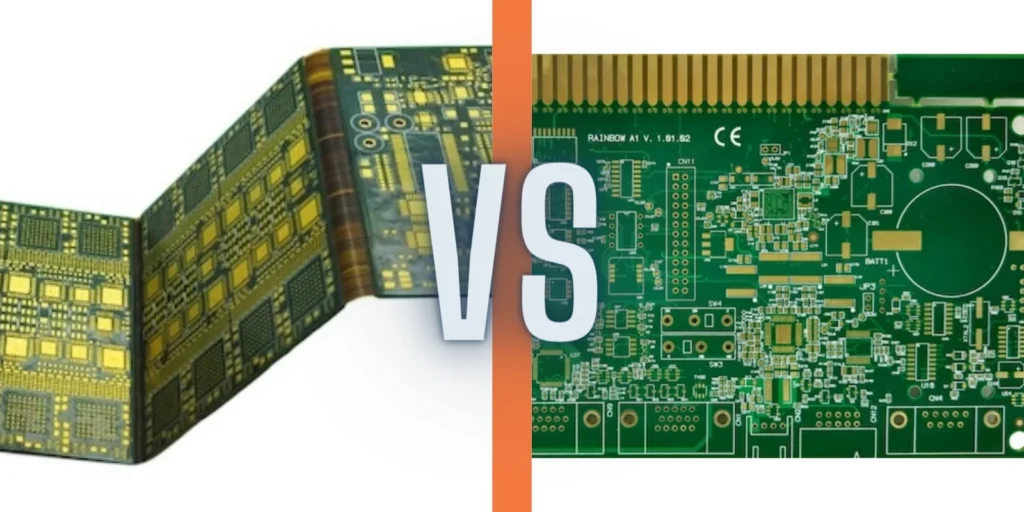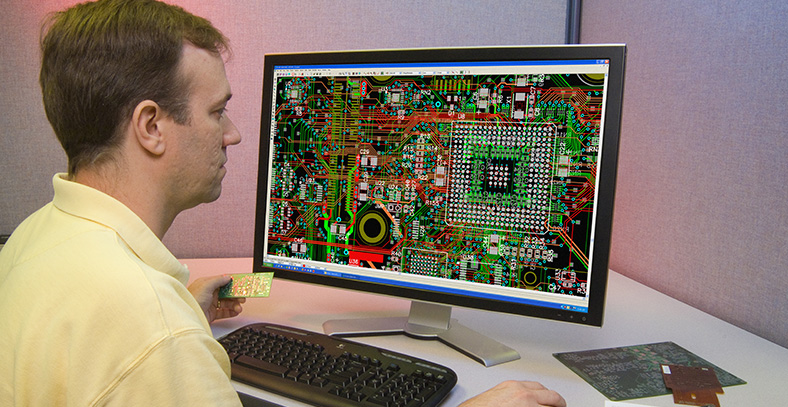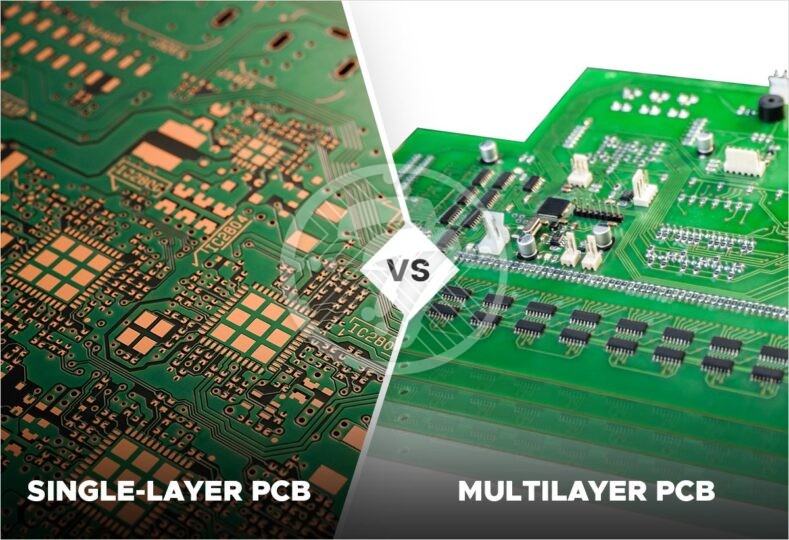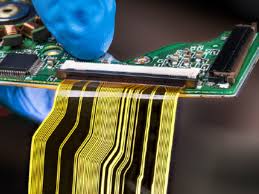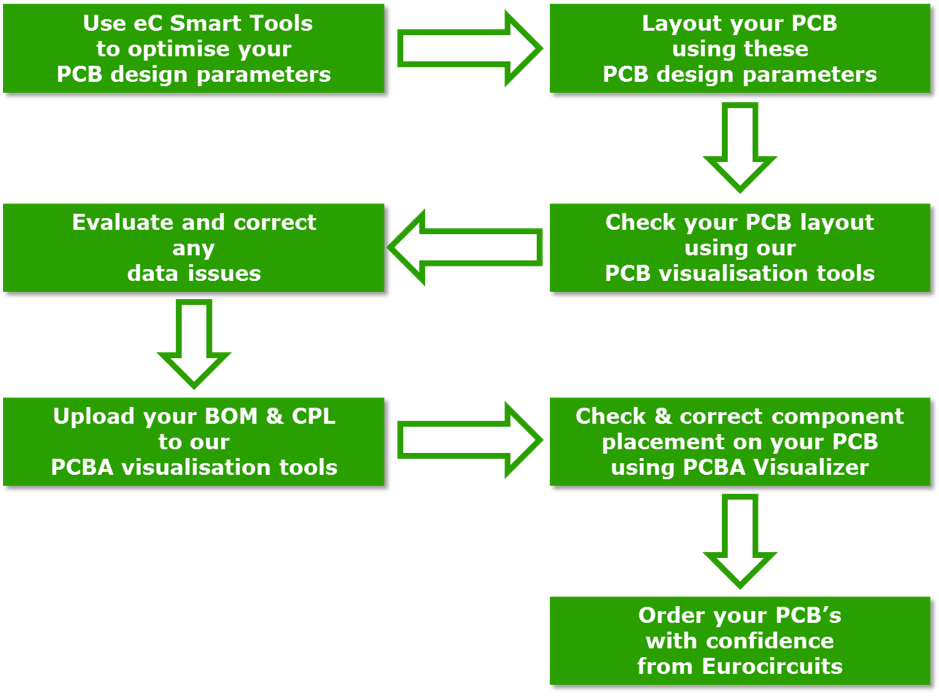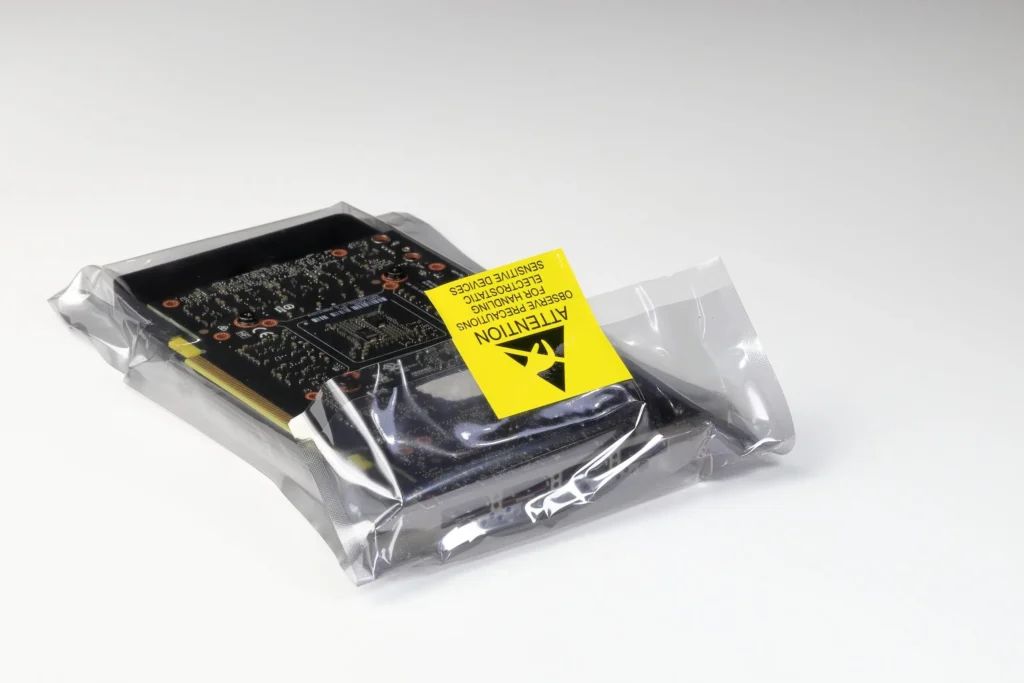As an advanced PCB surface treatment process, the immersion gold process can significantly improve the soldering performance, corrosion resistance, and conductivity of PCBs, making it an essential process for electronic manufacturing.
1. Improve soldering performance: The immersion gold process deposits a thin layer of gold on the surface of the PCB copper foil, which provides good soldering performance and ensures the firmness and reliability of the soldering points. This is crucial for high-quality soldering of electronic products. The compatibility between the gold layer and the welding material is good, which can easily avoid the occurrence of welding defects and improve production efficiency.
2. Enhance corrosion resistance: The chemical nickel layer in the IMMERSION GOLD process can effectively prevent copper substrates from oxidizing in humid environments, while the gold layer provides additional protection. This enables PCBs to withstand harsher environmental conditions and extend the product’s lifespan. This corrosion resistance is particularly important in fields such as aviation, military, and medical.
3. Optimize conductivity: The gold layer has good conductivity, which can ensure the transmission quality of circuit signals. Especially in the transmission of high-frequency signals, the gold layer can significantly reduce signal loss and interference, and improve the stability and performance of electronic products.
4. Improve appearance quality: The immersion gold process provides a uniform and flat surface, which is not only beneficial for subsequent welding and surface mounting processes, but also improves the overall appearance and assembly quality of the product. The gold-plated board has bright colors and good glossiness, which can enhance the added value of the product.


